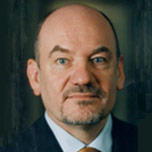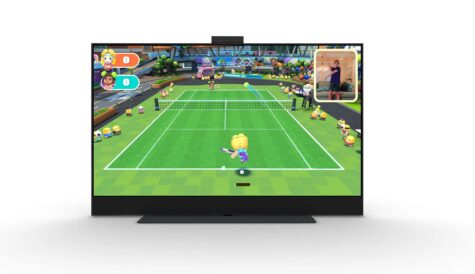Europe needs “rational” net neutrality, says Cable Europe
Europe needs a “rational” net neutrality regime and a US-type promotion of very strict rules would not benefit consumers, according to cable industry body Cable Europe.
Opening the Cable Congress in Brussels this morning, Cable Europe president Manuel Konstamm called for a “market-led solution” to net neutrality.
Executive chairman Matthias Kurth told attendees that he hoped “Europe would have a more rational approach” than the US, although the European parliament is divided on the issue. He said European operators hoped to avoid anything similar to the Title II regulations imposed on US operators by the FCC.
Speaking at the Cable Congress press conference earlier, Kurth said that “no-one in our industry is against the open internet” but that “we also want the issue to be seen in a way that still makes innovation possible”. He said that the introduction of new services would require “some special treatment”.
Kurth said that he hoped Commissioner Gunther Oettinger and other policy makers would take a “rational” view and described the introduction of strick net neutrality rules in the US as not helpful.
Kurth said that Cable Europe is working to ensure its input into changes that will be introduced by the new Commission.
Kurth said he hoped there would be “fair competition” with OTT players with a level playing field. “Everyone uses WhatsApp but we still go on regulating SMS prices, which doesn’t make sense,” he said. “I think the Commission is looking in this direction.”
Kurth said that cable had invested significantly in broadband infrastructure. There is a great supply of liquidity for broadband investment, he said. “We don’t need subsidies, but if there is a discussion on this, it should clearly be limited to areas where there is no feasible economically viable business case [for commercial investment],” he said. “It also has to be [for] a mix of technologies.
Fibre is not the solution everywhere. We have seen that cable has a lot of potential, especially when coax is used for the last metres to the home in a hybrid connection.” He said this type of hybrid connection using existing coax is much more economic than bringing fibre to every home.
Addressing Congress attendees after the press conference, Kurth reiterated that public money should be “limited to rural areas” and should be “technology-neutral”.
The ability to port content rights across borders is clearly something European consumers want, said Kurth. He said he hoped rights societies would take a helpful view.
“Accessing content across countries on different devices is something where you can show there is actually a single market,” he said. Kurth said one issue was there are so many organisations handling rights that distributors have to deal with that it complicates investment plans.
Kohnstamm said that European consumers are not happy about geo-blocking of VoD services between countries and a growing number of providers were providing pan-European services.




